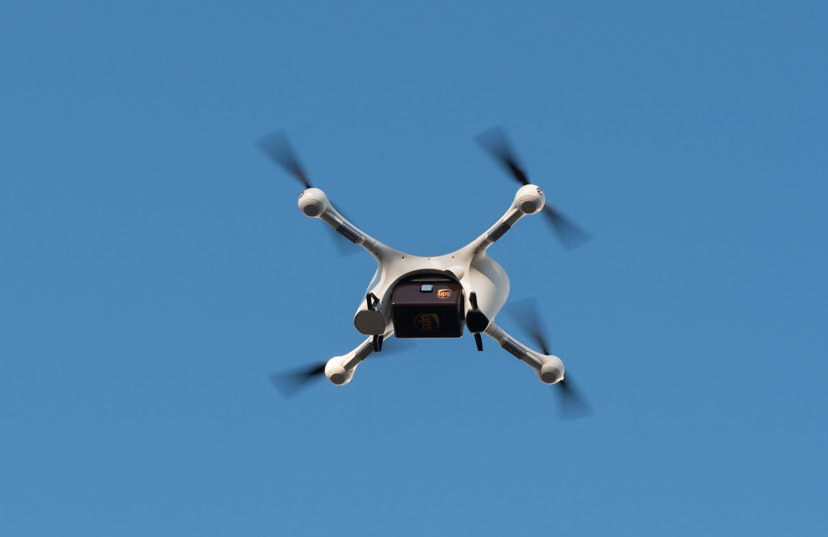The North Carolina General Assembly has enacted House Bill 198, effectively removing the state uncrewed aircraft systems (UAS) operator knowledge test and permit. This significant legislative change is largely due to the dedicated efforts of AeroX and its members, who have been instrumental in educating lawmakers about the benefits of drones and fostering a favorable business environment for advanced drone operations in North Carolina.

The North Carolina UAS knowledge test and operator permit was first introduced into law in 2014 in Session Law 2014-100, along with other laws focused on the criminal use of drones. The law requires both state/local government and commercial drone operators to pass the North Carolina Department of Transportation’s (NCDOT) UAS Operator Knowledge Test. Commercial drone operators are also required to obtain the NCDOT UAS permit. This process could be completed online, and the permit would need to be renewed every two years.
Basil Yap, President of AeroX, recalls the early discussions surrounding the law. In 2014, as a state employee with the NCDOT Division of Aviation, Yap attended legislative Transportation Committee meetings. “There were significant concerns about the security and privacy of drone usage and a belief that the FAA was not moving quickly enough to capitalize on business opportunities,” Yap said. “One legislator even suggested that if the FAA wasn’t going to create a drone pilot license, the state would help push them along by passing our own.” In 2014, the FAA did not have a drone operator license in place. It wasn’t until 2016, with the introduction of the Small UAS Rule (Part 107), that the FAA began issuing the Remote Pilot Certificate.
From 2016 to 2020, Yap served as UAS Program Manager at NCDOT, where he helped establish the online knowledge test and permitting process. In addition, he led North Carolina’s participation in the FAA UAS Integration Pilot Program. During this time, drone operators frequently questioned why North Carolina was the only state with a UAS permit, viewing it as a redundant requirement to FAA’s Remote Pilot Certificate.
Since its formation in 2021, AeroX has prioritized regular engagement with the General Assembly to advocate for the drone industry. Last year, AeroX hosted a UAS Legislative Day on the Halifax Mall next to the General Assembly building, allowing legislators to observe drone operations and interact with manufacturers and operators. This spring, AeroX hosted the state legislature’s UAS Caucus at its Winston-Salem office, providing a platform for drone operators to discuss their expanding operations.
House Bill 198, titled DOT Legislative Changes, was first introduced in February of 2023 but was not sent to the Governor’s desk until May of 2024. Due to an issue regarding billboards, right-of-ways, and the cutting of certain trees, Gov. Cooper vetoed the bill. The House and Senate both overrode Gov. Cooper’s veto, thus codifying the bill into law on June 27th, 2024. The new law repeals Article 10 of Chapter 63 of the state’s General Statutes, which includes the requirements for a UAS knowledge test and a NC UAS Permit for commercial drone operators. The repeal will become effective on December 1, 2024.



